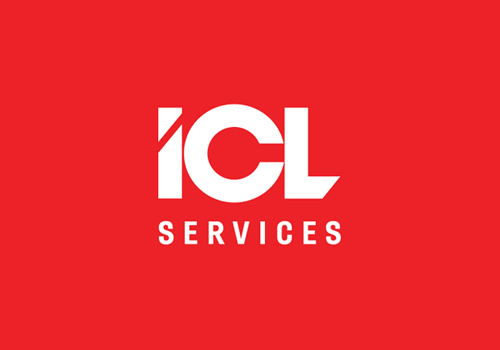A large technology company with a developed IT infrastructure and a large number of Linux workstations faced the need for centralized management of a heterogeneous environment.
Prior to the project, as part of the import substitution program, the company successfully piloted the Colibri-UEM management system, version 24.7, which used the Salt orchestration tool for client communications. During operation, difficulties arose in adapting the previous version to work with certain Linux distributions that were not included in support, creating difficulties for administrators and hindering the transition to product implementation.
In version 24.12, the new version at the time of the project, the system was redesigned to work with a native client application, increasing product flexibility and simplifying support for other operating systems. Therefore, the decision made to update the Colibri-UEM version and modernize the centralized management of the heterogeneous environment.
Key Challenges
- Create a closed loop for testing on devices.
- Ensure high availability and manageability of the automated workstation through a single window on heterogeneous operating systems.
- Provide consulting and technical support after implementation.
Colibri-UEM is a Russian alternative to SCCM, providing centralized management of automated workstations and enterprise servers.
The product was selected again for several reasons:
• full compliance with import substitution requirements, including its inclusion in the Russian software registry,
• support for heterogeneous environments (Windows, Linux) and the ability to manage from a single pane of glass,
• efficient remote workstation management,
• a professional and responsive support team.
Work on the project began with an analysis of the client's current infrastructure and identification of key limitations in the existing workstation management system.
At this stage, Colibri-UEM specialists, working with the customer's technical team, defined the requirements for the future platform: to ensure centralized management, enhance security, and create a unified tool for administering Linux-based workstations.
After agreeing on the architectural solutions, a test environment deployed for 500 devices in a closed environment. The team adapted the system to the customer's internal standards, including support for corporate Linux distributions, as well as integration with security and user management systems.
The next stage involved automating OS deployment and application delivery. The new version of Colibri-UEM used in the project implemented its own agent, eliminating the need for Salt and significantly simplifying the infrastructure. This solution increased the speed of interaction between system components and ensured stable operation with a large number of connected devices.
Concurrently, close consulting work was conducted: the support team held kickoff meetings, trained administrators, and provided methodological recommendations for optimal system use. During testing, all critical issues were addressed, and performance and stability checks were conducted.
The final stage included deploying the solution to the production environment, configuring monitoring, and handing over the system to maintenance.
Following implementation, Colibri-UEM specialists continued to provide consulting and technical support as part of a service model. The final project request was closed in August, after which the solution was deemed fully ready for commercial operation.
Products and technologies
- Colibri-UEM
Results
- The customer received a fully customized solution that meets import substitution requirements and supports heterogeneous environments.
- Further collaboration is developing within the framework of technical support.


